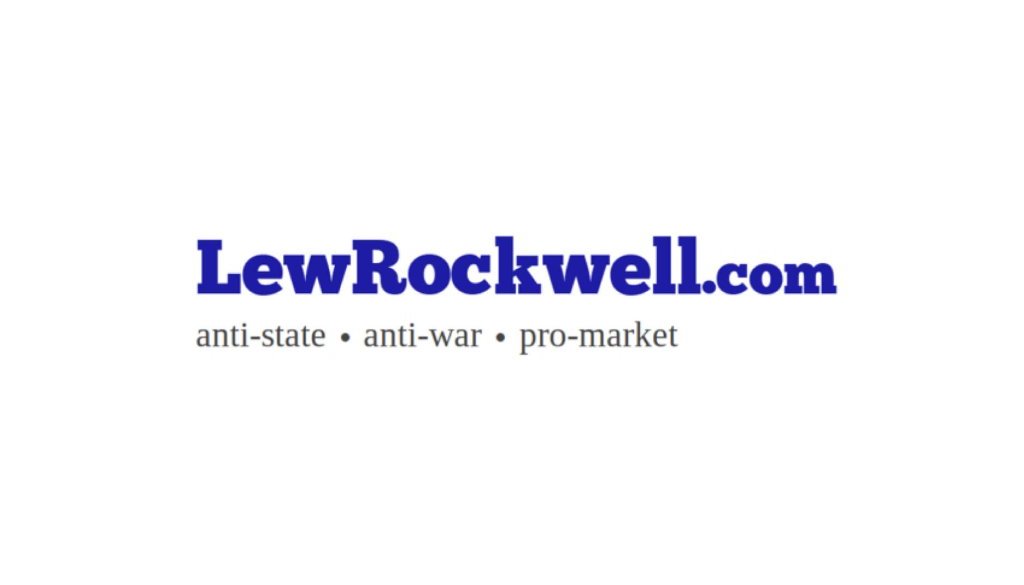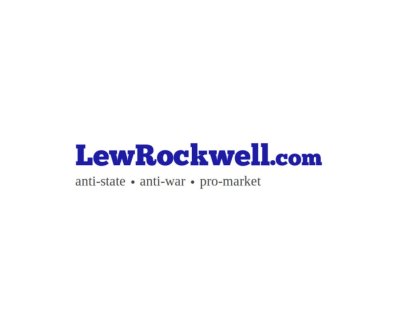The Future Includes Mass Murder of Undesirables…
I occasionally gab about the world with friends and family. Recently, a friend and I were bitching about the rise of “fascism” in America. We soon realized we had different visions of what that meant. About what’s possible in a country like America.
America spans about 3.8 million square miles, with many different climates, economies, and ways of life. America’s size and spread-out population shape its politics in important ways. The country’s large area makes local issues and regional differences central to political life. This encourages local and state governments to respond to their own regions rather than to a unified national agenda. People in California often prioritize different things than people in Alabama or North Dakota. These differences make it hard to find national agreement, leading to gridlock or unsatisfying compromises.
My friend and I brainstormed what the country’s unique characteristics could mean for the rise of fascism in America. We took notes and turned it into the following Q&A:
Why does America’s size prevent popular uprisings and protests like seen in France and the UK?
France and the UK, while politically complex, are geographically smaller and more densely populated than the United States. This density makes it easier to organize large-scale protests or strikes that disrupt daily life and demand attention. In the U.S., long distances between major population centers, combined with state-by-state policy differences and local enforcement, make it harder to build unified movements. A protest in New York may feel completely disconnected from events in Texas or Oregon.
In addition, national media in the U.S. is fragmented, and local media dominates in many areas, which further splinters public awareness. This limits
Article from LewRockwell

LewRockwell.com is a libertarian website that publishes articles, essays, and blog posts advocating for minimal government, free markets, and individual liberty. The site was founded by Lew Rockwell, an American libertarian political commentator, activist, and former congressional staffer. The website often features content that is critical of mainstream politics, state intervention, and foreign policy, among other topics. It is a platform frequently used to disseminate Austrian economics, a school of economic thought that is popular among some libertarians.




